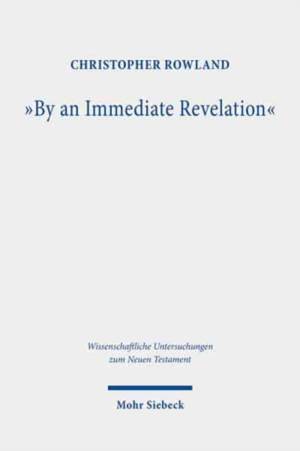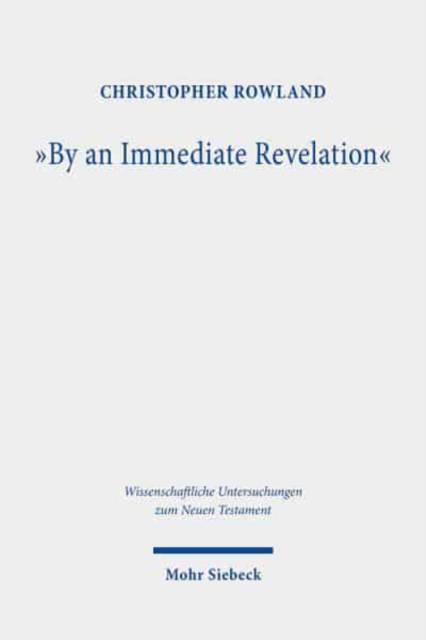
- Retrait gratuit dans votre magasin Club
- 7.000.000 titres dans notre catalogue
- Payer en toute sécurité
- Toujours un magasin près de chez vous
- Retrait gratuit dans votre magasin Club
- 7.000.0000 titres dans notre catalogue
- Payer en toute sécurité
- Toujours un magasin près de chez vous
Description
This volume of essays by Christopher Rowland, written during the last forty years, concerns the nature of apocalypticism and its reception history. His reading of apocalyptic texts is thereby colored not by immersion into the study of "apocalyptic" in biblical scholarship, but by acquaintance with early Jewish mysticism. One of the Oxford English Dictionary's definitions of "mystic" is one which helps to understand not only the mystical but also apocalyptic: a mystic is "one who believes in the possibility of the spiritual apprehension of truths that are inaccessible to the understanding." This definition and the importance of the opening word of Revelation as an apocalypse - in other words, a writing whose form is revelatory -, are explored in these essays. As this understanding of apocalypticism contrasts with the eschatological character predominant in modern biblical scholarship, a theme of this collection therefore is that the eschatological elements in apocalyptic texts are not the determining feature of what constitutes "apocalyptic," which must especially attend to the revelatory form of apocalyptic texts such as Revelation. The pervasiveness of apocalyptic and mystical elements in the New Testament is a consistent thread throughout the volume, which also includes consideration of the apocalyptic and eschatological thought of Joachim of Fiore and his disciples, the early modern appeal to visions and revelation, and culminates in the texts and images of William Blake (1757-1827). The collection's concern with the history of the reception of such ideas contributes to the vindication of Ernst Kasemann's view of apocalyptic being the "mother of Christian theology".
Spécifications
Parties prenantes
- Auteur(s) :
- Editeur:
Contenu
- Nombre de pages :
- 874
- Langue:
- Anglais
- Collection :
- Tome:
- n° 473
Caractéristiques
- EAN:
- 9783161597862
- Date de parution :
- 01-12-21
- Format:
- Livre relié
- Format numérique:
- Genaaid
- Dimensions :
- 153 mm x 229 mm
- Poids :
- 8976 g

Les avis
Nous publions uniquement les avis qui respectent les conditions requises. Consultez nos conditions pour les avis.






